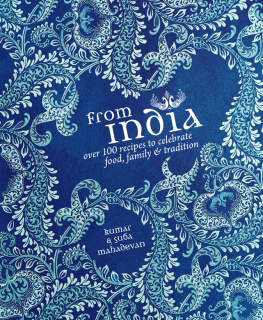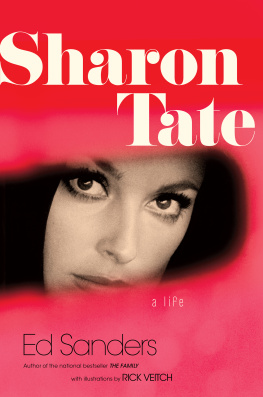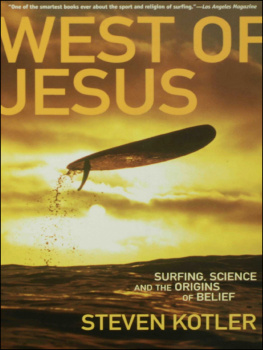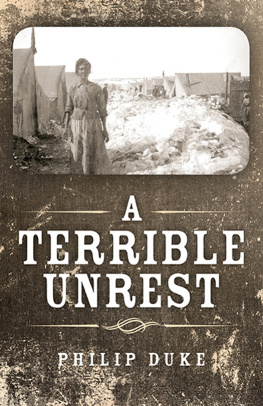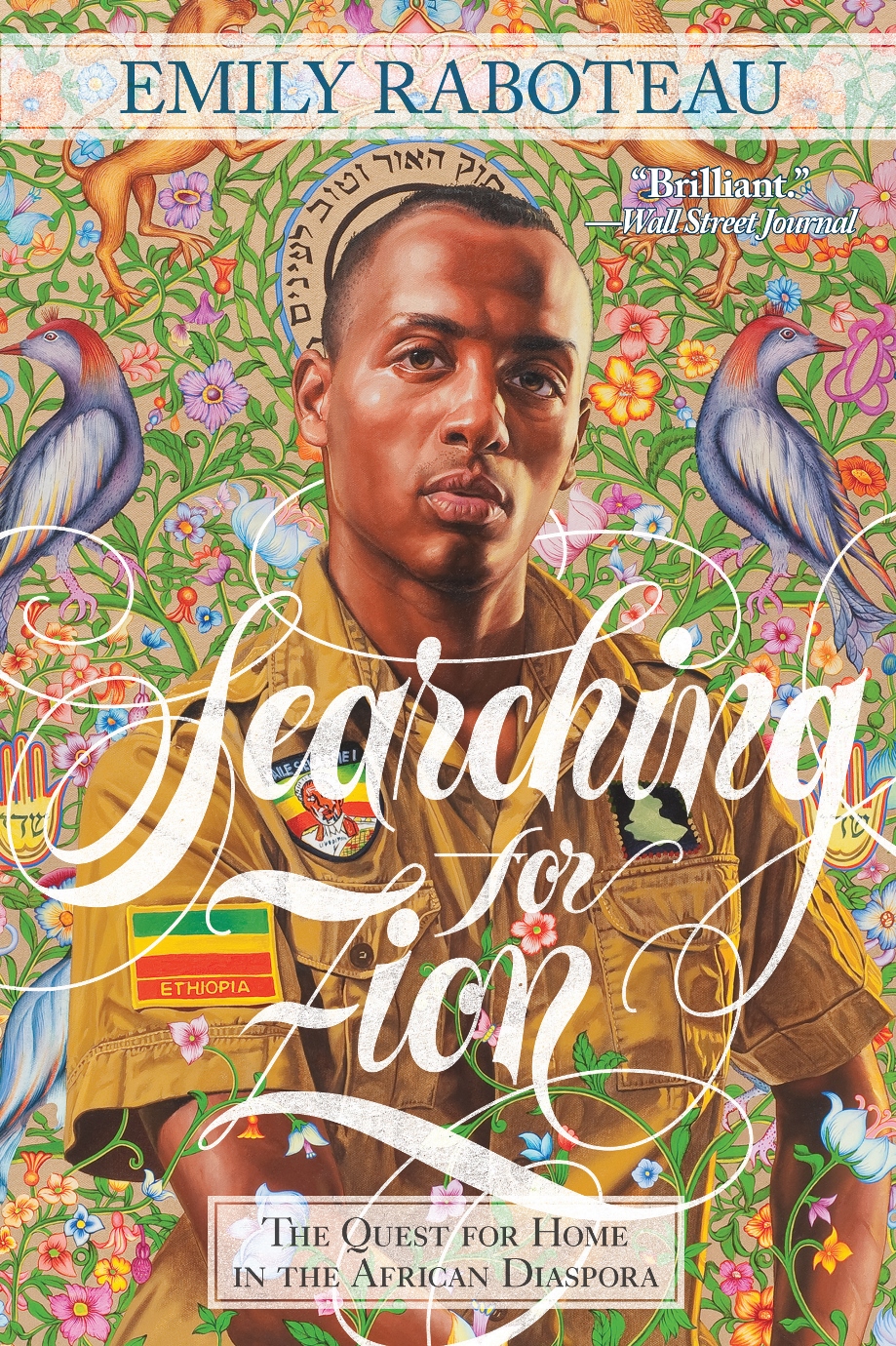
SEA R CHING
FOR ZION
Also by Emily Raboteau
The Professors Daughter
SEA R CHING
FOR ZION
emily raboteau

Atlantic Monthly Press
New York
Copyright 2013 by Emily Raboteau
All rights reserved. No part of this book may be reproduced in any form or by any electronic or mechanical means, including information storage and retrieval systems, without permission in writing from the publisher, except by a reviewer, who may quote brief passages in a review. Scanning, uploading, and electronic distribution of this book or the facilitation of such without the permission of the publisher is prohibited. Please purchase only authorized electronic editions, and do not participate in or encourage electronic piracy of copyrighted materials. Your support of the authors rights is appreciated. Any member of educational institutions wishing to photocopy part or all of the work for classroom use, or anthology, should send inquiries to Grove/Atlantic, Inc., 841 Broadway, New York, NY 10003 or .
This is a work of creative nonfiction in which real events were molded into a narrative. There are no invented or composite characters, though the names of certain sources were changed to protect their anonymity. Conversations were tape-recorded, taken down by hand, or reconstructed from the authors memory immediately after they transpired. In places, time was compressed or reframed in service to the story. Its possible that alternative perspectives on some aspects of this account could be equally true.
Portions of this book first appeared in Transition, Best African American Essays, The Best American Nonrequired Reading, The Oxford American, The Believer, The Guardian, and Guernica.
The author and publishers gratefully acknowledge permission to reprint the following copyright material:
Extract from Jerusalem and I by Hala Sakakini Copyright 1987. Permission granted by Sakakini Cultural Center, ( ) 4 Raja Street, Ramallah, West Bank, Israel.
Excerpt from No Woman No Cry: My Life With Bob Marley by Rita Marley (with Hettie Jones)Copyright 2005. Permission granted by Hyperion Books, an imprint of Buena Vista Books, Inc. 114 Fifth Avenue, New York, NY 10011
Til Im Laid to Rest, Words and Music by Mark Myrie, Paul Crossdale, Donald Dennis, Bobby Dixon and Melbourne Miller. Copyright 1995 UniversalSongs of Polygram International, Inc., Germain Music Inc., Gargamel Music, Dub Plate Music Publishing Ltd. and Craid Publishing. All Rights for Germain Music and Gargamel Music Controlled and Administered by Universal Polygram International, Inc. All Rights for Dub Plate Music Publishing Ltd. in the United States and Canada Controlled and Administered by UniversalPolygram International Publishing, Inc. on behalf of Gunsmoke Music Publishers. All Rights Reserved. Used by Permission Reprinted by Permission of Hal Leonard Corporation.
Rivers of Babylon, Words and Music by Brent Dowe, James A. McNaughton, George Reyam and Frank Farian. Copyright 1978 UniversalPolygram International Publishing, Inc., All Gallico Music Corp. and Far Musikverlag. All Rights Reserved. Used by Permission. Reprinted by Permission of Hal Leonard Corporation.
Slavery Days, Written by Winston Rodney and Phillip Fullwood. Copyright 1975 Blue Mountain Music Ltd. Copyright renewed. All rights reserved. Used by permission.
Payday, Words and Music by Joseph Constantine Hill. Copyright 1999. Permission granted by Tafari Music, Inc. (ASCAP).
Printed in the United States of America
Published simultaneously in Canada
ISBN 978-0-8021-9379-7
Atlantic Monthly Press
an imprint of Grove/Atlantic, Inc.
841 Broadway
New York, NY 10003
Distributed by Publishers Group West
www.groveatlantic.com
For my mother, Katherine Murtaugh, with gratitude
You dont have a home until you leave it...
James Baldwin, Giovannis Room
CONTENTS
: Were Going to Jerusalem
Belief Kill and Belief Cure
As Long as There Is Babylon, There Must Be Zion
Who Will Inherit You When You Die?
This Is the Place You Were Delivered
PART I: Israel
WERE GOING TO JERUSALEM
Do You Know Where Canaan Is?
T HE SECURITY PERSONNEL of El Al Airlines descended on me like a flock of vultures. There were five of them, in uniform, blockading Newark International Airports check-in counter. Two women, three men. They looked old enough to have finished their obligatory service in the Israel Defense Forces but not old enough to have finished college, which meant they were slightly younger than I. I was prepared for the initial question, What are you?, which Ive been asked my entire life, and, though it chafed me, I knew the canned answer that would satisfy: I look the way I do because my mother is white and my father is black. This time the usual reply wasnt good enough. This time the interrogation was tribal. They questioned me rapidly, taking turns.
What do you mean, black? Where are you from?
New Jersey.
Why are you going to Israel?
To visit a friend.
What is your friend?
Shes a Cancer.
She has cancer?
No, no. Shes healthy.
Shes Jewish?
Yes.
How do you know her?
We grew up together.
Do you speak Hebrew?
Shalom , I began. Barukh atah Adonai... I couldnt remember the rest of the blessing, so I finished with a word I remembered for its perfect onomatopoetic rendering of the sound of liquid being poured from the narrow neck of a vessel: Bakbuk .
It means bottle. I must have sounded like a babbling idiot.
Thats all I know, I said. I felt ridiculous, but also pissed off at them for making me feel that way. I was twenty-three. I was a kid. I was an angry kid and so were they.
Where is your father from?
Mississippi.
No. By now they were exasperated. Where are your people from?
The United States.
Before that. Your ancestors. Where did they come from?
My mothers people are from Ireland.
They looked doubtful. What kind of name is this? They pointed at my opened passport.
I felt cornered and all I had to defend myself with was my big mouth. It was so obviously not a time for joking. A surname, I joked.
How do you say it?
Dont ask me. Its French. There was a village in Haiti called Raboteau. That much I knew. Raboteau may once have been a sugar plantation, named for its French owner, one of whose slaves may have been my ancestor. Its also possible I descended from the master himself. Or from bothmaster and slave.
Youre French? they pressed.
No, I told you. Im American.
This! They stabbed at my middle name, Ishem . What is the meaning of this name?
I dont know, I answered, honestly. I was named after my fathers great-aunt, Emily Ishem, who died of cancer long before I was born. I had little idea where the name came from, just a vague sense that like many slave names, it was European. My father couldnt name anyone from our family tree before his great-grandmother, Mary Lloyd, a slave from New Orleans. Preceding her was a terrible blank. After Mary Lloyd came Edward Ishem, the son she named after his white father, a merchant marine who threatened to take the boy back with him to Europe. To save him from that fate, Mary shepherded her son to the Bay of St. Louis where it empties into the Mississippi Sound. There he grew up and married a Creole woman called, deliciously, Philomena Laneaux. They gave birth to my grandmother, Mabel Sincere, and her favorite sister, Emily Ishem , for whom I am named.
It sounds Arabic, one of them remarked.
Next page





